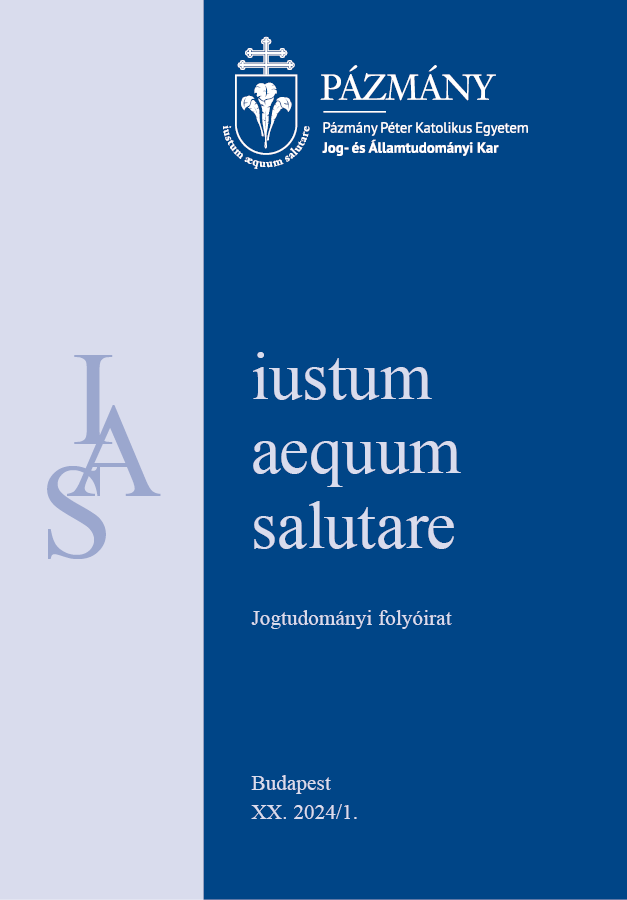Regulatory Failures and Balanceing
The Environmental Law and the Austrian School of Economics
Abstract
The paper analyses economic models of the principles of environmental regulation, with the help of the teaching enshrined in Laudato Si'. First, it will be shown that the claims of 'mainstream' (welfare) economics, law and economics and environmental economics on the one hand, and the teaching of the Church on the other coincide in most points. Basically, both take the balancing of pros and cons, of benefits and cost as the basis for regulatory decisions. (But, the main criteria of balancing differ.) However, welfare economics is not the only school of economics. The paper concentrates on the claims of the frequently mentioned, but less known Austrian school on law, regulation and environmental problems. Its principles will be compared with the main claims of welfare economics and those of Laudato Si'. Austrians' pessimism about regulation comes from their teaching about the fundamental knowledge problem in economic decisions (including in environmental use). For this reason regulation should not be based on balancing aggregation. They argue in favour of the autonomy of law and are strongly committed to the enforcement of the principles of natural law and of the informal rules and support the primacy of private law over the regulation.
Copyright (c) 2024 Szalai Ákos

This work is licensed under a Creative Commons Attribution 4.0 International License.


